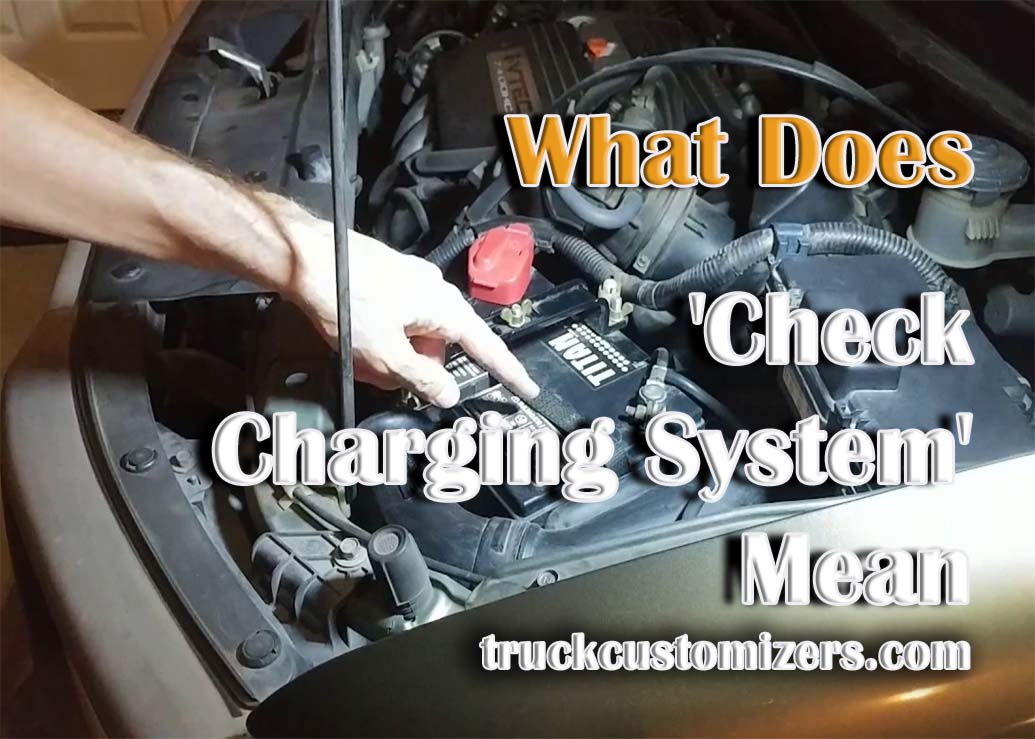Are you aware that in the United States, almost 99% of lead-acid batteries undergo recycling? It’s an impressive statistic that highlights the importance of core charges on batteries. So, what exactly is a core charge? Essentially, it’s an additional fee imposed when purchasing certain batteries. These charges serve as an incentive for consumers to return their old battery cores for recycling purposes. Understanding core charges is crucial for anyone in the market for a new battery or looking to replace an existing one.
What Is a Core Charge on a Car Battery?
A core charge is an additional cost applied during the purchase of a car battery. Its main aim is to motivate buyers to recycle their used batteries rather than discard them. This helps reduce the amount of waste in landfills and saves energy that would otherwise be used in manufacturing new batteries. When buying a new battery, the consumer is required to pay an initial fee in addition to a “core” charge, which will be refunded when the old battery is sent back for recycling. This fee can range from $10 to $20 depending on the size and type of battery being purchased. Although it may be tempting to ignore this extra cost, it’s important to remember that returning your old battery helps reduce environmental waste and supports sustainability efforts.
Refund Process and Consumer Responsibilities

Claiming your core charge refund is a straightforward process. After purchasing a new battery and paying the core charge, simply return your old battery to the retailer. The retailer will inspect the battery to ensure it’s eligible for recycling and then initiate the refund process. This refund is typically provided in the same manner as the original payment, whether it be cash, credit, or otherwise. It’s a process that not only benefits the consumer financially but also fulfills an important environmental responsibility.
Responsible disposal of old batteries extends beyond just receiving a refund. These batteries contain harmful substances that, if not disposed of properly, can pose significant environmental risks. Proper disposal ensures that these toxic elements are contained and recycled, preventing them from contaminating soil and water sources. As a consumer, adhering to these disposal practices reflects a commitment to environmental stewardship and public health. Also read about the Best Battery for Ford.
Factors That Impact the Cost of a Battery with Core Charges
In addition to the type of battery (new or rebuilt) being purchased, there are several other factors that can influence the cost of a car battery with a core charge. These include:
- Size of Battery – Larger batteries tend to have higher core charges as they require more resources for production and recycling purposes.
- Age/Condition – Older batteries often have reduced returns due to their age and condition. The less valuable your old battery is, the lower your total cost of purchase will be after factoring in any applicable core charges.
- Brand – Different brands offer different levels of rebate when returning an old car battery for recycling purposes; therefore, be sure to research which brands offer better deals before making a purchase decision.
Tips for Choosing a New Battery with Lowest Possible Costs
When it comes to finding the best value for a new battery, doing your research is essential. Take the time to look into different brands and compare prices before making a final decision – this way you can be sure you’re getting the lowest price possible. You may also want to check if the retailer offers any additional discounts or incentives when returning an old battery. Moreover, it’s important to be mindful of core charges when considering your purchase decision; while core charges are necessary in order to encourage recycling efforts, carefully researching and assessing your options can help minimize these fees.
Conclusion
Core charges on car batteries are an important tool that serves to encourage recycling efforts and promote sustainability initiatives. Understanding how these fees work and what factors may influence them is critical when selecting a new battery for your vehicle. Keep in mind that although core charges represent an additional cost upfront, recycling your old battery offers long-term benefits by helping reduce waste in landfills while also providing financial savings through rebate processes upon return of the old battery. With careful research and consideration of all available options before making a purchase decision, you can ensure you get the best deal possible on your new car battery!



